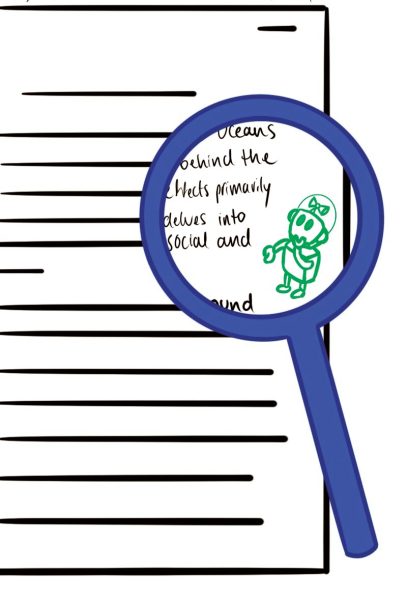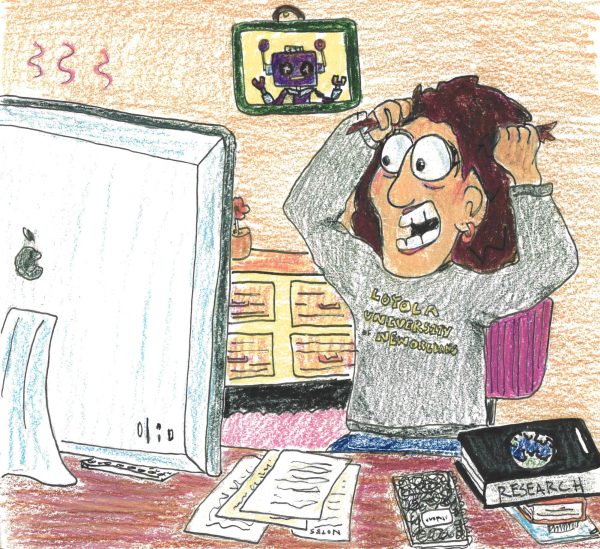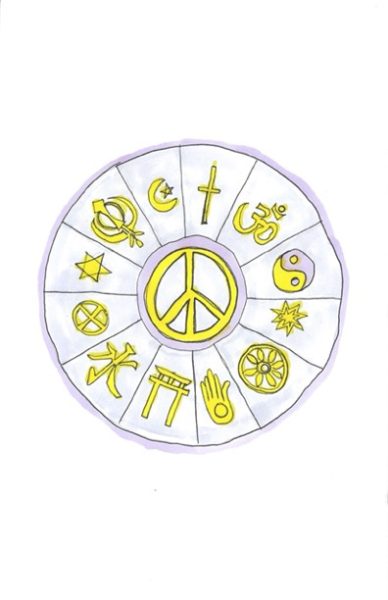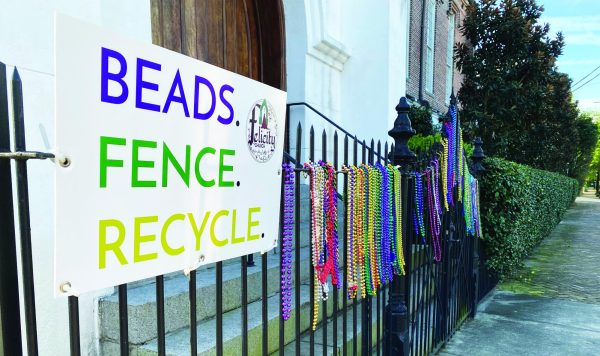In My Opinion: Language classes necessary for Loyola
November 6, 2015
Recently, my first year Arabic language class was informed that Loyola is on track to eliminate Arabic and all other language instruction (except for Spanish and French) from the curriculum next year. This is unutterably sad and contradicts the Ignatian world vision of service to others and the importance of a liberal arts education.
The reasons for cutting these languages are not unfamiliar. The languages are not “popular.” The university needs to save money. If we were to open the accounting books, I doubt we would be impressed with the savings gained by cutting language programs. The popularity of a class meets no standard of Jesuit education.
What I do believe is essential to talk about is the importance of a liberal arts education. According to the Loyola mission statement for a Jesuit university, “Characteristics of (the) Ignatian world vision which impact Jesuit Education are…an affirmation of the goodness of the world. This has led to a basic liberal arts curriculum, including studies in philosophy, theology, history, literature, language arts, fine arts, music, mathematics, the natural and social sciences. These studies provide a foundation, context, and support for each student’s degree program.”
Public confidence in a university’s mission is damaged when language programs are curtailed or eliminated. Certainly we should teach popular languages, but there are many reasons to teach “unpopular” languages. Latin and Greek are central to the curriculum of every Jesuit university, and have been for centuries. Students of these languages profess that the knowledge gained from their studies has been profoundly beneficial throughout their lives. Learning languages, popular or otherwise, is essential to developing an understanding of
the world.
Understanding of Arabic culture and language harmonizes perfectly with Loyola’s mission of service and reflection. The whole Middle East is in turmoil. More than 40 million people are, or are about to become, desperate refugees. The majority of these people speak Arabic.
Loyola students called to humanitarian work, to refugee rescue and resettlement and to help the large number of refugees who are destined to settle in USA (and contribute to our society and economy, as other immigrant groups have done), will need Arabic.
In the academic year 2000-2001, all of the universities in the United States produced only one Ph.D. in Arabic language. The numbers have not improved much since then. It is no wonder that we, the people of the United States of America and our government, are having such difficulty in our relations with the Middle East, when most of the people we send over there can’t even read the street signs!
In order to understand the culture of any people it is necessary to understand their language. Therefore, I think that now, when the whole Arab world is on fire, would be the worst possible time to reduce Arabic language teaching. I implore the university authorities to avoid the removal of Arabic from the curriculum, and to instead augment and improve the program.

















